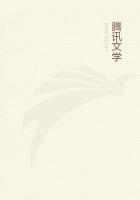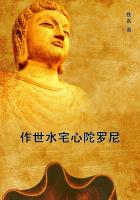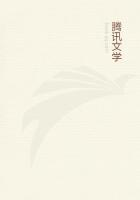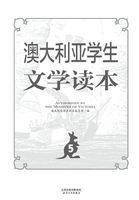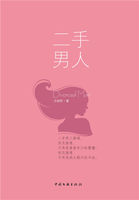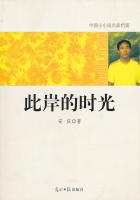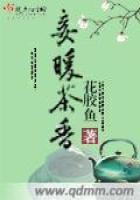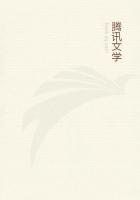In the estimate of a free beauty (according to mere form) we have the pure judgement of taste.No concept is here presupposed of any end for which the manifold should serve the given object, and which the latter, therefore, should represent-an incumbrance which would only restrict the freedom of the imagination that, as it were, is at play in the contemplation of the outward form.
But the beauty of man (including under this head that of a man, woman, or child), the beauty of a horse, or of a building (such as a church, palace, arsenal, or summer-house), presupposes a concept of the end that defines what the thing has to be, and consequently a concept of its perfection; and is therefore merely appendant beauty.
Now, just as it is a clog on the purity of the purity of the judgement of taste to have the agreeable (of sensation) joined with beauty to which properly only the form is relevant, so to combine the good with beauty (the good, namely, of the manifold to the thing itself according to its end) mars its purity.
Much might be added to a building that would immediately please the eye, were it not intended for a church.A figure might be beautified with all manner of flourishes and light but regular lines, as is done by the New Zealanders with their tattooing, were we dealing with anything but the figure of a human being.And here is one whose rugged features might be softened and given a more pleasing aspect, only he has got to be a man, or is, perhaps, a warrior that has to have a warlike appearance.
Now the delight in the manifold of a thing, in reference to the internal end that determines its possibility, is a delight based on a concept, whereas delight in the beautiful is such as does not presuppose any concept, but is immediately coupled with the representation through which the object is given (not through which it is thought).If, now, the judgement of taste in respect of the latter delight is made dependent upon the end involved in the former delight as a judgement of reason, and is thus placed under a restriction, then it is no longer a free and pure judgement of taste.
Taste, it is true, stands to gain by this combination of intellectual delight with the aesthetic.For it becomes fixed, and, while not universal, it enables rules to be prescribed for it in respect of certain definite final objects.But these rules are then not rules of taste, but merely rules for establishing a union of taste with reason, i.e., of the beautiful with the good-rules by which the former becomes available as an intentional instrument in respect of the latter, for the purpose of bringing that temper of the mind which is self-sustaining and of subjective universal validity to the support and maintenance of that mode of thought which, while possessing objective universal validity, can only be preserved by a resolute effort.But, strictly speaking, perfection neither gains by beauty, nor beauty by perfection.The truth is rather this, when we compare the representation through which an object is given to us with the object (in respect of what it is meant to be) by means of a concept, we cannot help reviewing it also in respect of the sensation in the subject.Hence there results a gain to the entire faculty of our representative power when harmony prevails between both states of mind.
In respect of an object with a definite internal end, a judgement of taste would only be pure where the person judging either has no concept of this end, or else makes abstraction from it in his judgement.But in cases like this, although such a person should lay down a correct judgement of taste, since he would be estimating the object as a free beauty, he would still be found fault with by another who saw nothing in its beauty but a dependent quality (i.e., who looked to the end of the object) and would be accused by him of false taste, though both would, in their own way, be judging correctly: the one according to what he had present to his senses, the other according to what was present in his thoughts.This distinction enables us to settle many disputes about beauty on the part of critics; for we may show them how one side is dealing with free beauty, and the other with that which is dependent: the former passing a pure judgement of taste, the latter one that is applied intentionally.
SS 17.Ideal of beauty.
There can be no objective rule of taste by which what is beautiful may be defined by means of concepts.For every judgement from that source is aesthetic, i.e., its determining ground is the feeling of the subject, and not any concept of an object.It is only throwing away labour to look for a principle of taste that affords a universal criterion of the beautiful by definite concepts; because what is sought is a thing impossible and inherently contradictory.But in the universal communicability of the sensation (of delight or aversion)-a communicability, too, that exists apart from any concept-in the accord, so far as possible, of all ages and nations as to this feeling in the representation of certain objects, we have the empirical criterion, weak indeed and scarce sufficient to raise a presumption, of the derivation of a taste, thus confirmed by examples, from grounds deep seated and shared alike by all men, underlying their agreement in estimating the forms under which objects are given to them.

